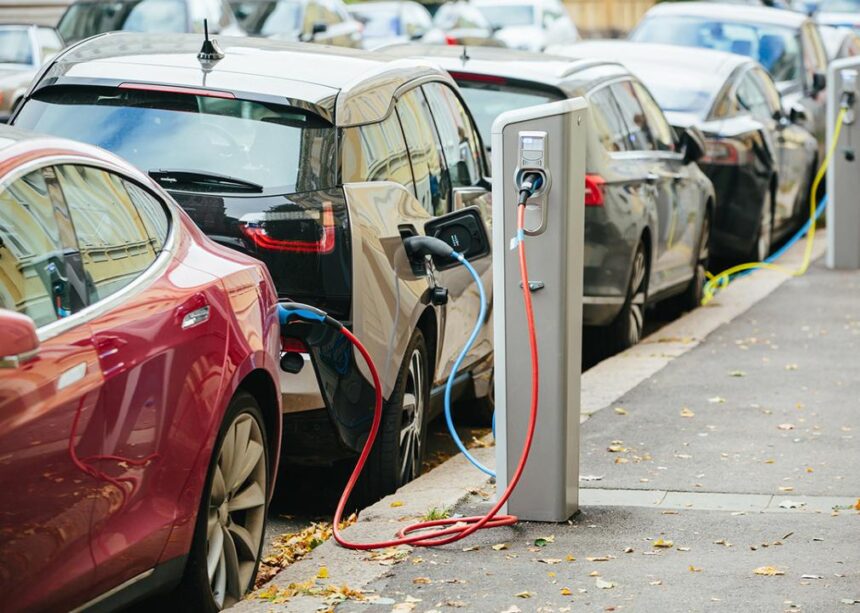Take off the EV training wheels

At more than 900 pages, the “One Big Beautiful Bill” didn’t qualify as a brisk summer read.
Most of us are familiar with the bullet points version of OBBB: a permanent extension of tax cuts for individuals, a temporary elimination of the tax on tips and overtime, reductions to Medicaid and a $3.3 trillion increase in the national debt.
Other bullet points will get fleshed out, ex post facto, following hastycongressional approvaljust before the July 4 holiday. Maybe you do have to pass it to know what’s in it.
Take electric vehicles, for example. The final version of OBBB ends the tax credit that props up EV sales in this country. Those credits expire Sept. 30.
On this aspect of the legislation, Congress got it right. If EVs are too expensive, then automakers need to figure out a way to make them less expensive. This doesn’t happen with subsidized or protected industries, which tend to lack innovation and produce high-end prestige products that lack mass appeal.
If it was U.S. government policy to subsidize the very first cell phones or flat-screen TVs, would they have gotten smaller, cheaper and better? Or would you still need two strong movers to carry the TV up the stairs?
The Biden administration never understood this. Its policy was to offer tax credits and subsidies for a market that wasn’t there. All those unused charging stations serve as an appropriate legacy for this policy.
If the previous administration wanted to make EVs more widely available, it should have reduced rather than increased the tariff on Chinese electric cars. This would have flooded the market with cheaper EVs and forced domestic automakers to respond.
But it was never about getting more EVs on the road. It was about appeasing the environmental lobby and building favor with unions. As the 2024 election showed, the second part of that bet failed when Trump carried the Rust Belt. Rank-and-file automakers were always distrustful of EVs.
If anything, OBBB didn’t go far enough in taking the training wheels off of EVs.
U.S. Rep. Sam Graves, R-Tarkio, pushed for language in the House version that would have added a $250 annual registration fee on EVs to support the Federal Highway Trust Fund.
The fee did not survive in the Senate’s version of the bill, but this is an idea worth reconsidering. EVs use the same roads as gas-powered vehicles, but EV drivers do not pay a fuel tax to support the Highway Trust Fund, which is experiencing a shortfall.
It’s time to end the free ride for EVs.




